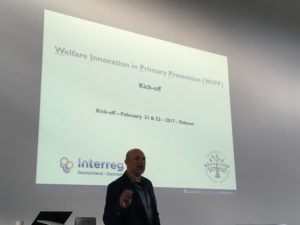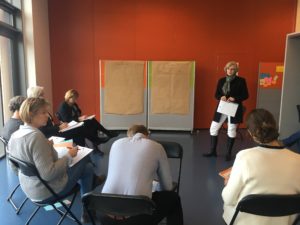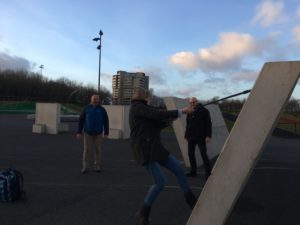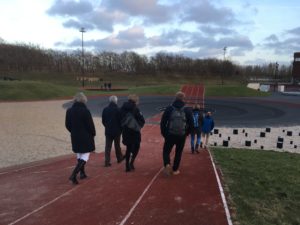Denmark: 235 recommendations are supporting the prevention of communities
The WIPP project is up to date with recommendations for older people!
As part of the Danish Health Law, recommendations have been updated taking into account current findings on successful prevention strategies. The prevention packages include 235 recommendations on 11 major prevention areas. The Health Law proposes which areas should be prioritized in this regard (1) and how elderly people should be dealt with (2). The Health Law points out that all prevention strategies are important. However, a priority order has been set for the main topics (3) for the elderly:
- tobacco
- physical activity
- mental health
- alcohol
- overweight
- food and meals
For the elderly, the Health Law recommends that the above topics are going to be addressed as well as any other issues identified through preventive home visits (2).
The WIPP project follows exactly this recommendation: The above-mentioned areas are contained in the WIPP project in an evidence-based interview guideline and a screening, which is carried out as part of preventive home visits. This ensures that all topics mentioned above are interrogated by the preventive employee using the interview guide. The employee can use the evidence-based tools to assess the functional status of the project participant and identify the risks associated with the current state of health. On the basis of which individual tailor-made strategies can be developed to reduce various health risks, e.g. loss of function, loss of quality of life and loneliness.
Read more and follow the WIPP project at http://www.wipp-online.eu or find us on Facebook and / or LinkedIn
- https://www.sst.dk/da/nyheder/2018/235-anbefalinger-skal-stoette-kommunernes-forebyggelse
- https://www.sst.dk/da/planlaegning/kommuner/forebyggelsespakker/forebyggelsespakker-omraader/forebyggelsespakker-aeldreomraadet
- https://www.sst.dk/da/planlaegning/kommuner/forebyggelsespakker/~/~/media/F5D53916560B4B418D7F5E5B38ECD6AE.ashxr




